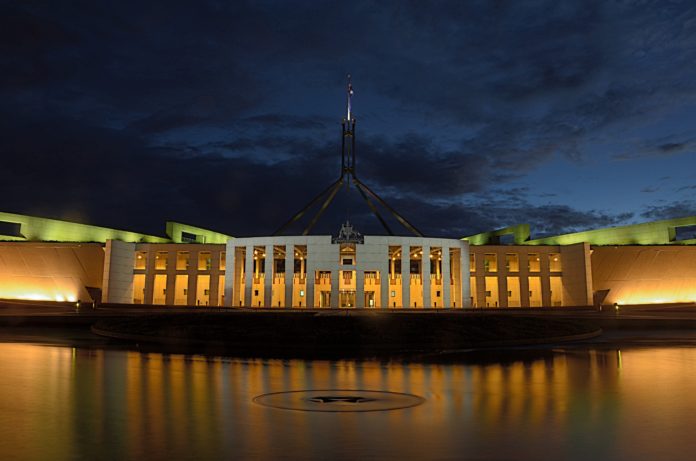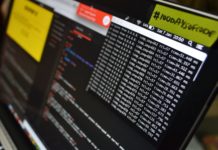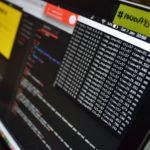The Prime Ministers of Singapore and Australia jointly announced the conclusion of negotiations for the Singapore-Australia Digital Economy Agreement (DEA) during a videoconference on 23 March. The DEA will create an over-arching framework for deeper cooperation in the digital economy between both countries to shape international rules, establish interoperability between digital systems and address frontier issues from emerging technologies.
This is Singapore’s second DEA, after signing the Digital Economy Partnership Agreement with Chile and New Zealand earlier this year. Through DEAs, Singapore seeks to facilitate end-to-end digital trade, enable trusted cross-border data flows and build trust in digital systems.
The DEA with Australia will facilitate seamless data flows and prohibit data localisation except for specific purposes such as regulatory access. It will also cover other areas like E-payments, Source Code Protection and SME cooperation. The DEA will complement Singapore’s efforts to develop multilateral rules to create an enabling environment for e-commerce as co-convener of the World Trade Organisation Joint Statement Initiative on E-commerce.
Singapore and Australia have also signed seven Memoranda of Understanding (MOUs) as part of efforts to operationalize the modules stipulated in the DEA. These MOUs demonstrate the strong cooperation between the two countries and will identify pilot projects for collaboration that will lead to tangible benefits for businesses and individuals.
Minister for Communications and Information and Minister-in-charge of Trade Relations S Iswaran and Australian Minister for Trade, Tourism and Investment Simon Birmingham signed two of the MOUs on Artificial Intelligence (AI) and Data Innovation during the videoconference.
Mr Iswaran said, “The DEA will make it easier for businesses in Singapore and Australia to operate across both countries by strengthening our digital connectivity. The seven MOUs cover emerging areas such as the ethics and governance of AI, and data driven innovation.”
“They will remove barriers that companies may face in the digital economy, so that they can create new digital products and services. The DEA will also help companies access AI technologies and talent in Singapore and Australia, so that AI applications can be developed and commercialized more easily,” he continued.
Singapore and Australia enjoy strong economic ties. Singapore was Australia’s fifth largest trade partner in 2019, with bilateral trade reaching S$23.9 billion. Singapore is Australia’s sixth largest investor, with about A$85.4 billion (S$78 billion) worth of investments recorded in Australia to date.














